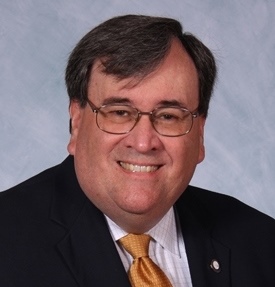Roger T. Playwin
1941 – 2024
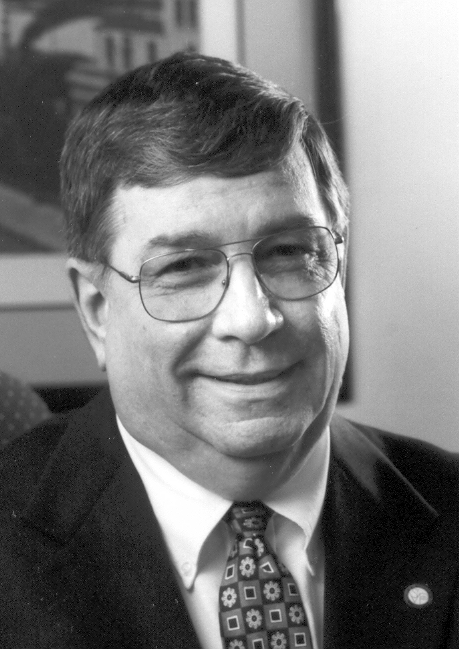 Former National CEO, beloved friend, and dedicated Vincentian Roger Playwin passed away last week at the age of 83.
Former National CEO, beloved friend, and dedicated Vincentian Roger Playwin passed away last week at the age of 83.
The model of servant leadership, Roger’s long history with nonprofit organizations led him to become Executive Director of the St. Vincent de Paul’s Detroit Archdiocesan Council in 1998. Roger was named Executive Director of the National Council in April 2003; five years later, he became its first Chief Executive Officer, in recognition of the expanded duties and responsibilities of his position.
As a Society leader, he structured the National Council to include all aspects of diversity and better compliance in areas of governance. He served on the National Board of Directors and when he retired in 2013, he remained active with the Society at various levels and roles, including serving as Treasurer for the National Foundation Board, and stepping in for a time as an Interim Executive Director for the Detroit ADCC.
Passionate about serving families impacted by disasters, Roger was on the first Board of the Disaster Services Corporation in 2017, and stayed active with the Board as Vice Chair until the end of 2022. He continued to serve on the DSC Governance Committee, lending his expertise in NGO policies. While serving as CEO of the National Council, Roger was instrumental in getting the Katrina Aid Today Contract, which served Katrina survivors in 17 Councils across the United States. This was the largest contract of its kind for the Society and helped to keep thousands of displaced Katrina survivors from becoming homeless across the nation.
National President John Berry remarked, “Roger was a beloved friend to many people both in and out of the Society. He lived the virtues of being a Vincentian through his service, his friendship, and his deep spirituality. Roger mentored many of us when we came into the Society, and he was always there supporting us when we needed him. When I was elected National President, Roger was a trusted advisor helping me navigate my new role. I will miss him very much.”
Roger is survived by his wife, Sue, three children, four grandchildren, and all of us who knew and loved him well.
“Roger was a tremendous support and mentor to me in the role of National CEO,” noted National CEO Dave Barringer. “He continued to be available at any time for any reason for so many local Executive Directors as a great friend and coach in his retirement. He will be greatly missed.”
A visitation will be held today, May 16, from 4 to 8 PM at Chas. Verheyden, Inc. Funeral Home in Grosse Pointe Park, MI. Funeral Mass of Christian Burial will be held Friday, May 17 at 10 AM at St. Ambrose Catholic Church in Grosse Pointe Park.
Roger’s family has asked that memorial contributions be made to the National Council of the Society of St. Vincent de Paul at www.ssvpusa.org/donate/.

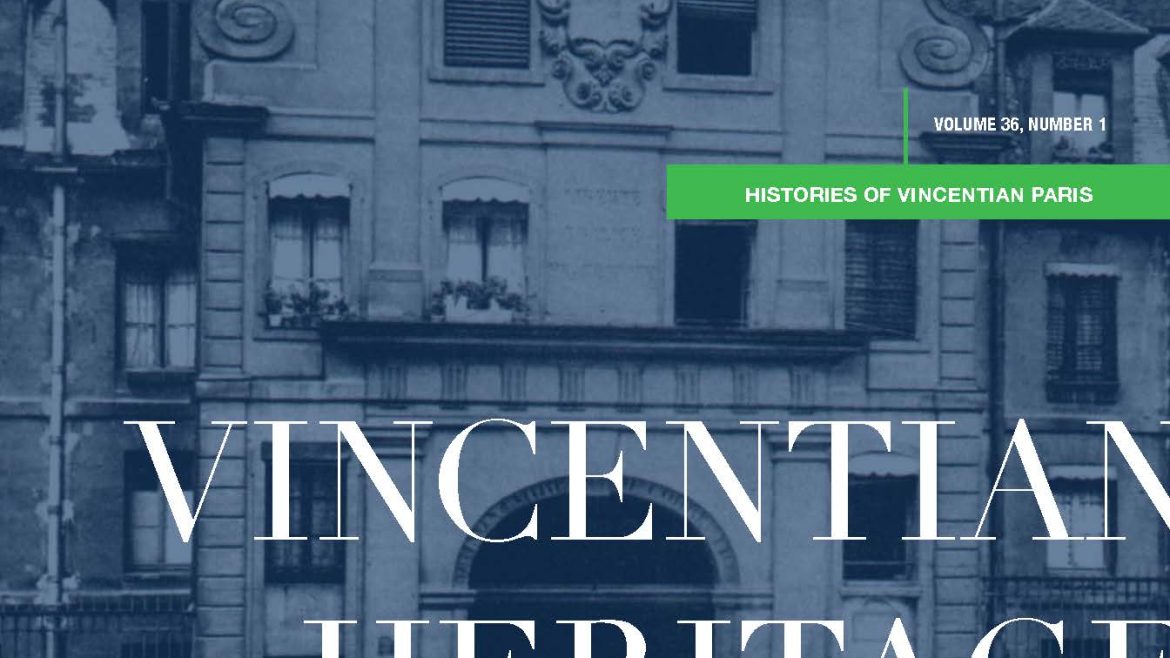
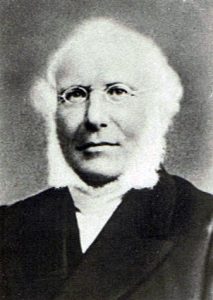 As a young law student at the Sorbonne, François Lallier noticed another student speaking out boldly in class, defending the Church against attacks on it by professors and fellow students. After class one day, he saw this young man outside, at the center of a group who were listening to him intently. Lallier took this opportunity to introduce himself to Frédéric Ozanam, and that, to paraphrase the closing line of Casablanca, was the start of a beautiful friendship.
As a young law student at the Sorbonne, François Lallier noticed another student speaking out boldly in class, defending the Church against attacks on it by professors and fellow students. After class one day, he saw this young man outside, at the center of a group who were listening to him intently. Lallier took this opportunity to introduce himself to Frédéric Ozanam, and that, to paraphrase the closing line of Casablanca, was the start of a beautiful friendship.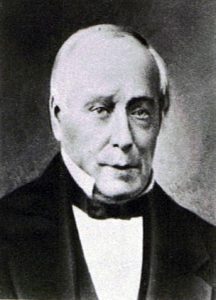 In the Ozanam Orientation, we learn that of the seven founders of the Society, there were six college students and one “older gentleman.” In 1833, Emmanuel Bailly was 39 years old.
In the Ozanam Orientation, we learn that of the seven founders of the Society, there were six college students and one “older gentleman.” In 1833, Emmanuel Bailly was 39 years old.